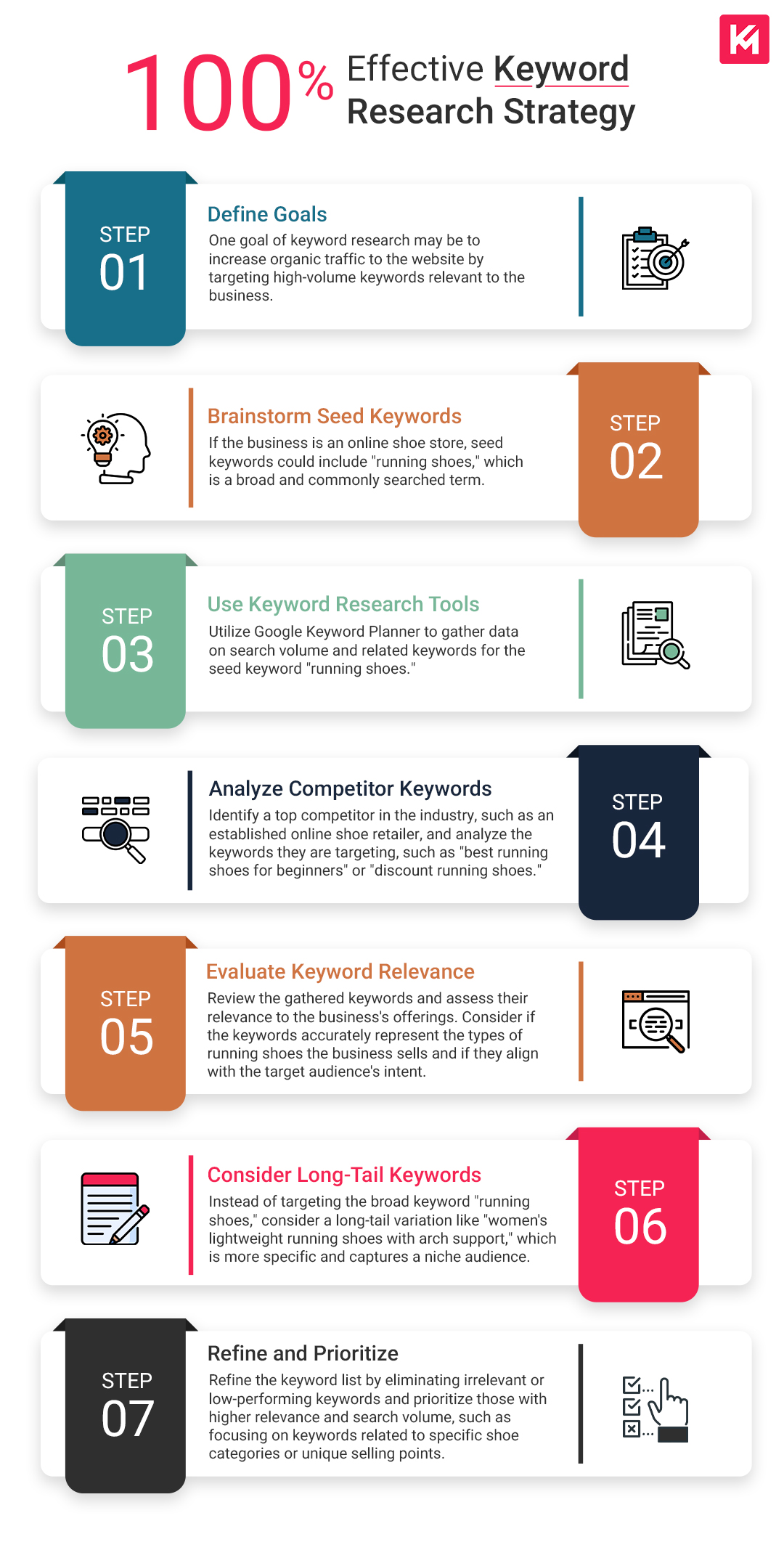Effective keyword research strategies require balancing search volume, keyword difficulty, and user intent to maximize SEO success. The goal is to target keywords that have sufficient search volume to drive traffic, manageable difficulty to rank realistically, and clear user intent that aligns with your content or business objectives.
Key points to consider:
-
Search Volume: Choose keywords with a search volume slightly higher than your current daily traffic to ensure potential growth. High-volume keywords attract more visitors but may have tougher competition.
-
Keyword Difficulty: Assess how hard it is to rank for a keyword based on your site's authority and competitors. Aim for low to medium difficulty keywords initially, especially those with moderate to high volume, to increase chances of ranking and avoid wasting resources on overly competitive terms.
-
User Intent: Understand the purpose behind a search query—whether informational, commercial, navigational, or transactional. Align your content with the intent to ensure visitors find what they expect, improving engagement and reducing bounce rates. Filtering keywords by intent helps avoid attracting irrelevant traffic.
-
Keyword Clustering and Topic Mapping: Group related keywords by topic and user intent to create comprehensive content clusters that cover a subject thoroughly, improving topical authority and SEO performance.
-
Use Reliable Tools: Start with trusted keyword research tools like Google Keyword Planner for accurate volume and competition data. Supplement with tools like Semrush, Ahrefs, or Moz for difficulty scores and competitor analysis, but always validate data to avoid inaccuracies.
-
Test and Refine: Experiment by targeting keywords with varying difficulty but similar volume to learn what your site can realistically rank for. Monitor rankings and adjust your strategy accordingly.
-
Long-Tail Keywords: Incorporate long-tail keywords that are more specific and less competitive. These often have clearer intent and better conversion potential despite lower volume.
In summary, a balanced keyword research strategy involves selecting keywords that offer a sweet spot of decent search volume, achievable difficulty, and well-understood user intent, supported by accurate data and ongoing testing to refine your approach. This ensures your SEO efforts attract relevant traffic and improve rankings effectively.





